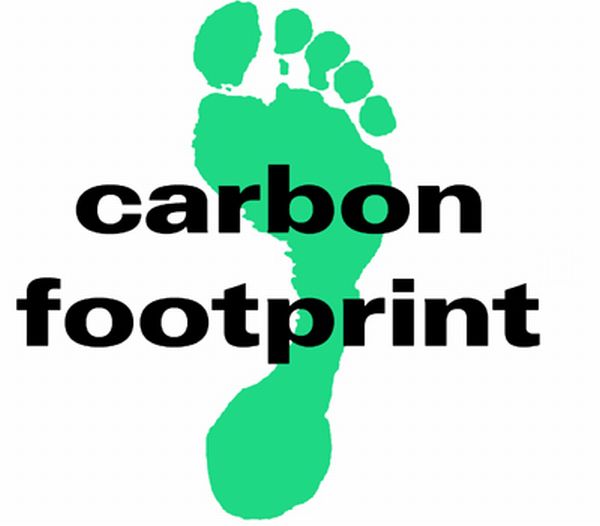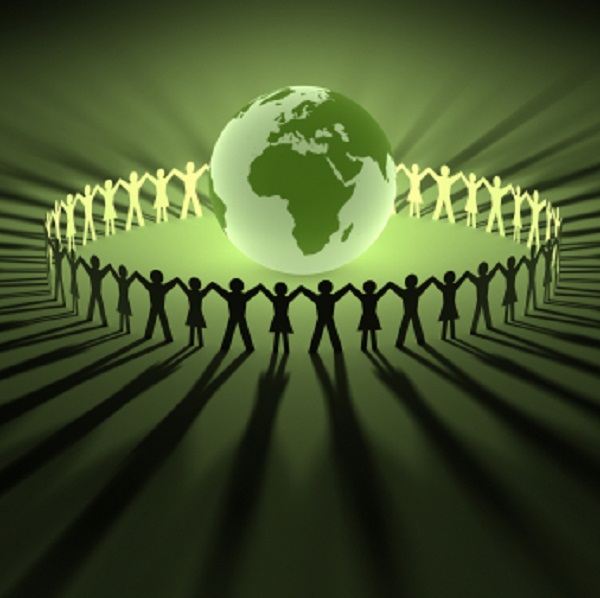
Our environment is showing signs if misuse and maltreatment. The effects of global warming are being felt world over and pollution is altering our natural habitat. Every product that we use daily is soused with chemicals increasing toxicity in our body and all things around us.
A huge mound of waste is degrading on our landfills. The facts about pollution and global warming will truly amaze you. A few of them have been compiled below.
1. Water conservation

Pollution is decreasing drinking water reserves with per capita availability declining by roughly 50% in the last 50 years. Water is used mostly in agriculture followed by the industrial sector. Domestic consumption stands third and in our homes largest quantity is used in toilets and to wash clothes. Also, showers take up more water than other bathing techniques. Watch leaky faucets and running taps for the staggering amount of water wastage they can cause.
2. Facts on trash
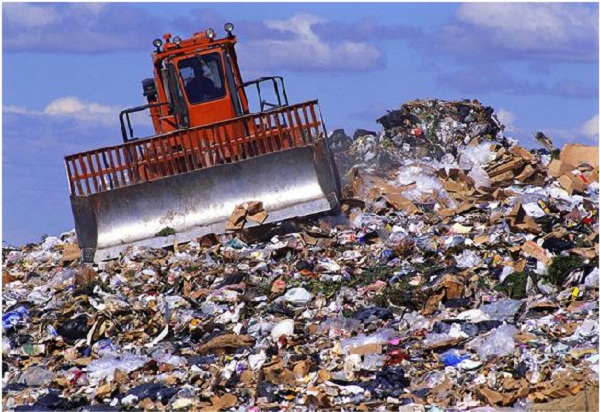
A single person generates around 4.5 pounds of trash daily. If the food waste thrown out was composted instead it can set off emissions given out by two million cars. The number of aluminum cans dumped out increased in 2000-2004. According to the clean air council, around 1 billion shopping bags are used by Americans each year and less than 1% are recycled.
3. Toxicity

Personal care, beauty, food, and cleaning products used everyday are loaded with toxic chemicals. Coming in contact with them can set off allergies, psychological abnormalities and birth defects. Toxins in household cleaners can cause air pollution and even cancer. Within 30 seconds of exposure these toxins spread to every organ in our body. Around 300 synthetic chemicals have been uncovered in a human body.
4. Air pollution
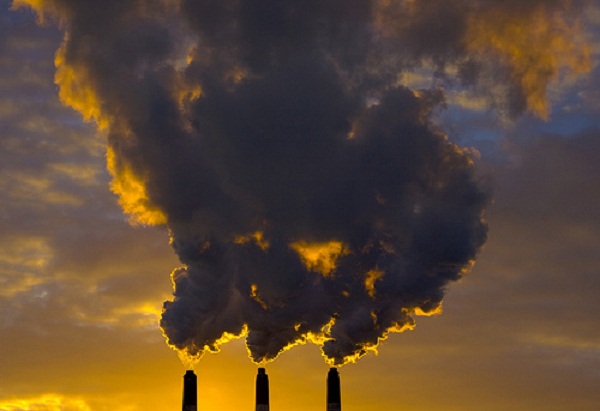
Tailpipe emissions from vehicles contribute heavily to air pollution. Air pollution is responsible for more premature deaths than car accidents. In fact, on days when air is heavily polluted it is healthier to exercise indoors. Though carbon emissions dropped world over in 2009, they went up in India and China.
5. Arctic thawing out
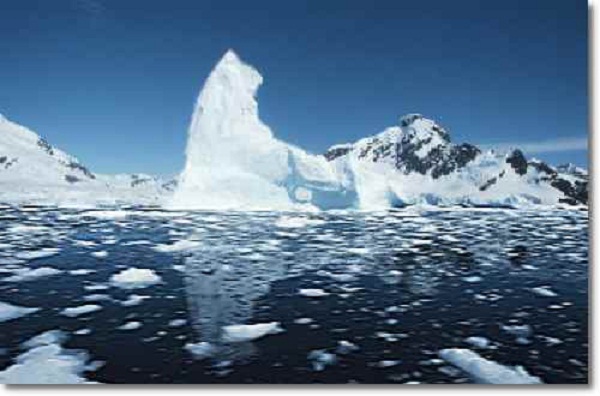
Arctic ice is disappearing at a fast pace, the region might have a summer without ice by 2040. The natural habitat of animals like polar bears, chipmunks, squirrels have shifted further up to combat the meltdown in temperature. Glacial ice is decreasing and summers arrive much earlier now causing a spurt in growth of flora and fauna.
6. Flowering and allergies
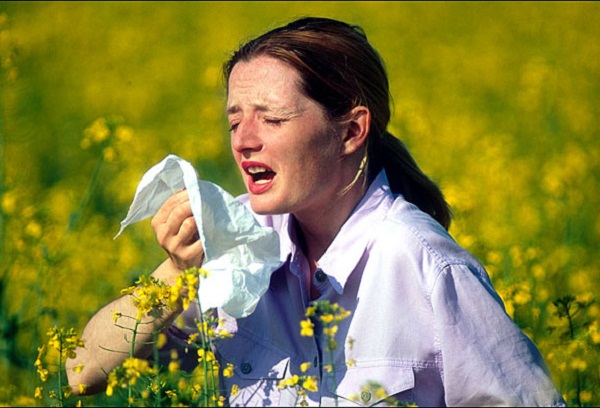
The increase in temperature and prolonged summer have given a boost to flowering and photosynthesis. Blooms emerging early on and in greater numbers are releasing more pollens in air. This has given rise to yet another problem – surge in allergic reactions. Due to polluted air packed with pollens, incidences of illnesses like colds, coughs, fevers, respiratory problems and other allergies have increased.
7. Sea level rising
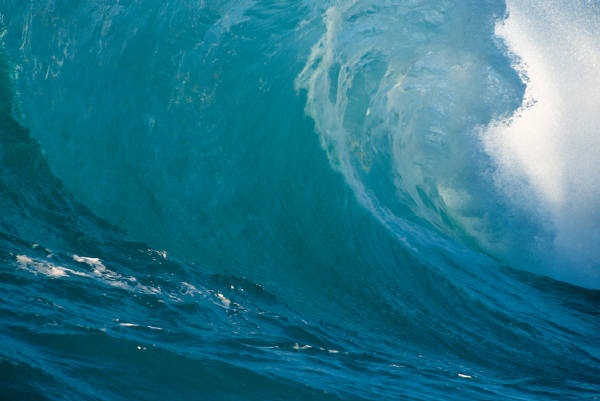
The overall thermal expansion due to global warming and melting ice is causing the sea level to rise. Also, sea waves will increase in size and erode the coastline. Between 1961 to 2003, the sea level mounted by 1.8 mm. This rising sea level is threatening the existence of many coastal cities and island countries.
8. Electronic waste
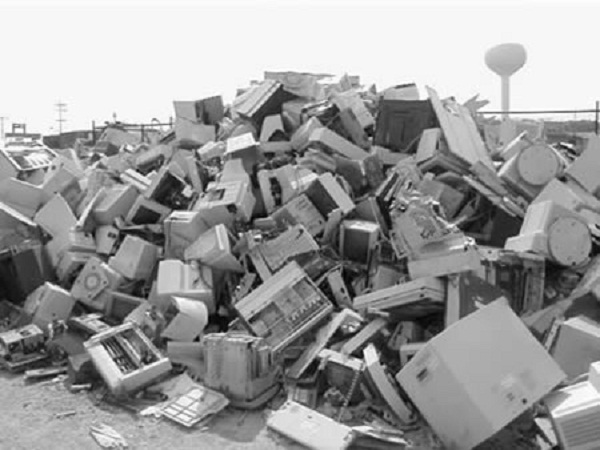
Televisions, computers, phones, and other electronic devices thrown out of homes contribute further to world eco issues. Only around 10-20% of the electronic waste is recycled, rest is dumped carelessly. Upto 50 million metric tons can be thrown out every year and is growing by 5% annually. This e waste releases toxins, carcinogens and various other poisonous substances into our environment which can lead to health problems like bronchitis, mental retardation, cancer, neurological damage, etc.
9. Food production
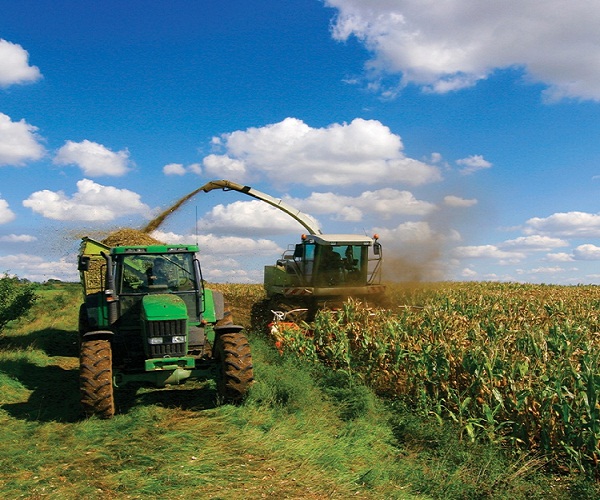
With increased release of greenhouse gases, rainfall and climatic patterns around the world are changing. The monsoons will have heavier rains while summer will be hotter and drier. So, more water will be required to irrigate crops. Also, quality of soil is degrading due to deforestation and the incidence of floods, hurricanes, storms and droughts will increase. This will adversely affect farming and cultivation.
10. Rising temperature
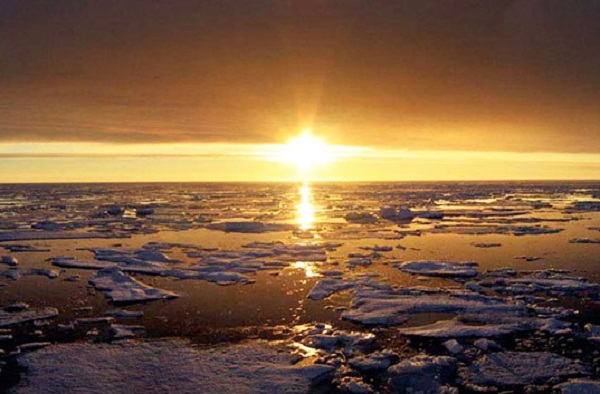
Last two decades of the 20th century were the hottest in past 400 years. The average worldwide temperature has gone up by 0.8 Celsius. The effect is intensified in the Arctic and nearby areas; the average temperature increase in eastern Russia, western Canada and Alaska is double the global average. The U.S. experienced a long lasting heat wave in 2006 while south-eastern Europe had two in 2007. The World Meteorological Organization has reported 1998-2007 to be the warmest decade.




